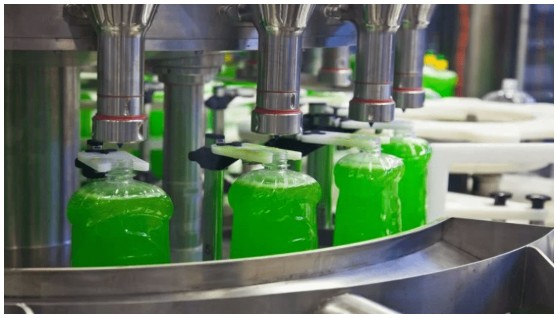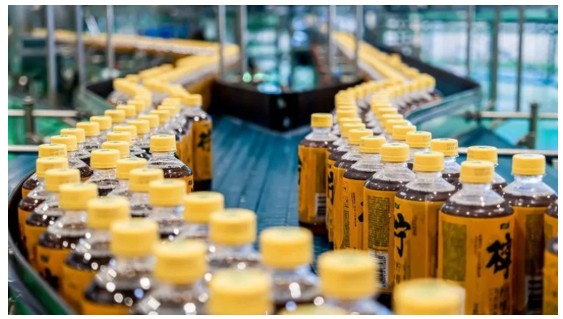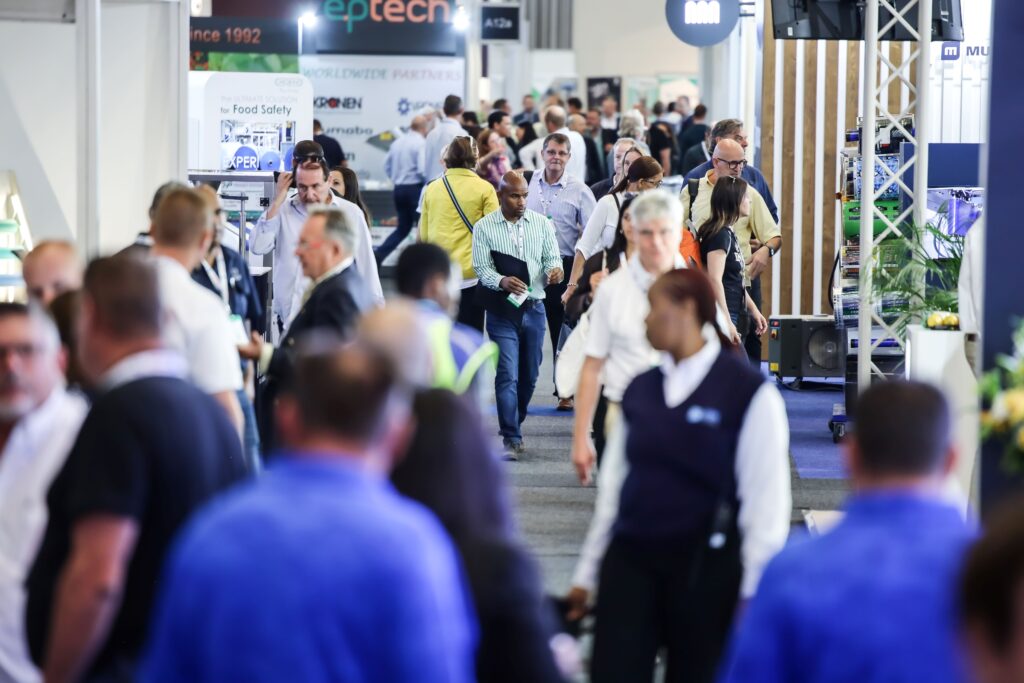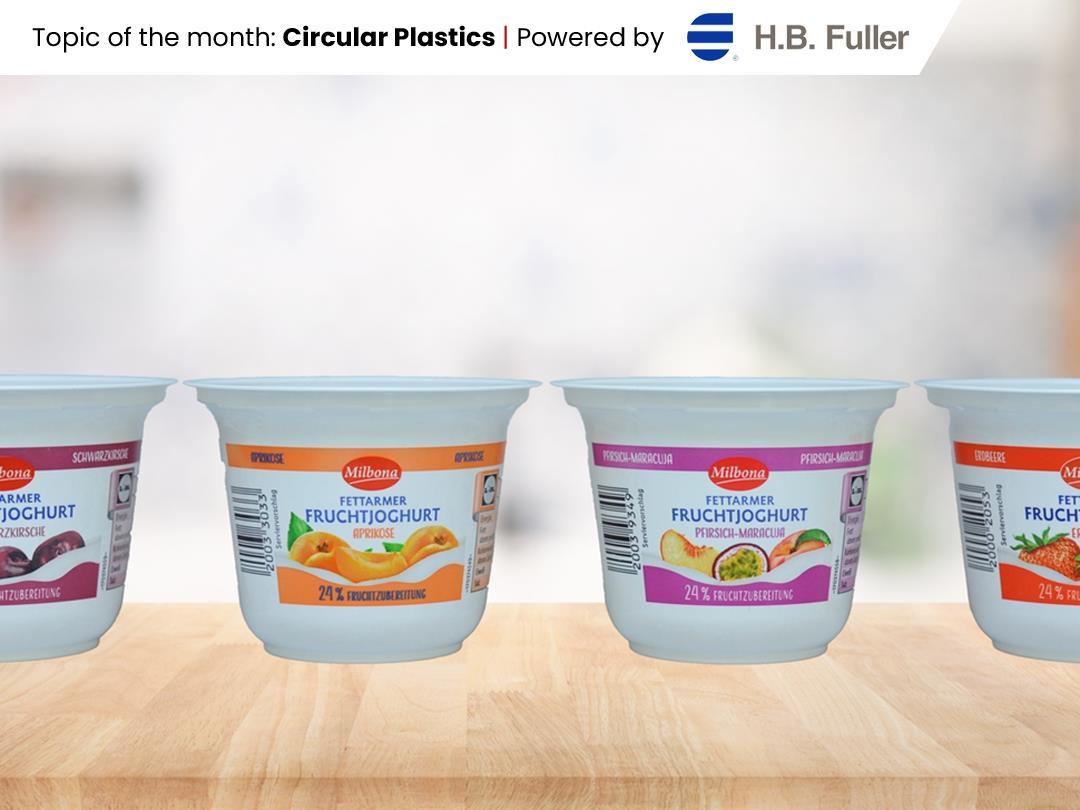Coffee capsules are becoming increasingly popular among coffee drinkers as consumers trend toward convenience. However, disposable pods generate a lot of packaging waste, leading manufacturers to search for environmentally sustainable solutions.
As of late, the EU has been cracking down on coffee packaging waste, incentivizing companies to create compostable alternatives. These factors have driven the industry to maintain its focus on convenience while appealing to ecological solutions for consumers and legislation.
PackagingInsights speaks to Shervin Dehmoubed, founder and CEO of EcoPackables and Hanna Krayer, sustainability specialist of the Migros Cooperative, about the current trends and innovations surrounding coffee capsules.
Krayer informs us of the challenge confronting manufacturers of “how to invent a coffee packaging that provides the same convenience, quality and durability of single-serve coffee capsules” that also reduces waste and follows EU legislation.
Environmental sustainability trend
The coffee packaging market was reportedly valued at around US$2.8 billion in 2021, while total market revenue is expected to grow at 4.2% from 2022 to 2027, reaching nearly US$3.6 billion.
“We currently see a lot of tea and coffee companies exploring bio-based content. There has always been a tendency to use a paper-based exterior, given its natural feel,” says Dehmoubed. The coffee packaging market continues to expand amid increasingly stringent sustainability regulations.

While multilayer structures are more effective at protecting coffee beans than single-layer structures, they produce more waste. A single layer of material does not typically provide the necessary strength for coffee packaging, leading to flexible packaging tending to have a minimum of two layers.
The most prominent “green” materials used for coffee bags are unbleached kraft and rice paper. These alternatives are made from wood pulp, tree bark or bamboo. While these materials alone can be biodegradable and compostable, they often require a second inner layer to protect the beans, which are usually made from virgin PP material.
Packaging accounts for around 3% of the coffee supply chain’s total carbon footprint, according to Perfect Daily Grind.
Meanwhile, Innova Market Insights identified “Bioplastic Boosters” as one of the main packaging trends in 2022. Global consumers appear ready to embrace bioplastics, with 41% viewing biodegradability as the most environmentally sustainable end-of-life disposal method for packaging, followed by compostability (20%).
Compostable capsules
The CEO of EcoPackables tells us that the company has developed a kraft paper laminate that is fully compostable. He expects to see “a secular shift in the confections and dry-food packaging industry to home-compostable options, with post-consumer recycled content being a stepping stone to that milestone.”
“We’re constantly working on getting compostable laminates to a more cost-effective place. While we’ve seen improvement in this space over the past few years, a lot of the responsibility lies in companies choosing to make compostables part of their sustainability story. In turn, this supports innovation and infrastructure in the space.”
Coffee brands such as Nespresso have been working on reducing waste in coffee capsules over recent months with a focus on compostable materials.
In November, Smile Compostable Solutions signed a material sales agreement with Pod Pack International, a leading co-manufacturer of single-serve coffee and tea pods and cups. The company will produce Smile’s commercially compostable, plant-based and carbon-neutral coffee pods that are compatible with Keurig brewers, enhancing environmental sustainability options for Pod Pack customers. Migros’ coffee ball is touted as the first coffee capsule system that works without a capsule.
“Achieving high-barrier properties with compostable laminates has historically been tricky. In the past year, we developed our C21 Laminate, which can maintain a high barrier for an extended period – often exceeding a year on the shelf,” continues Dehmoubed.
“The main pain point of compostable packaging, domestically, is the end-of-life prospects.”
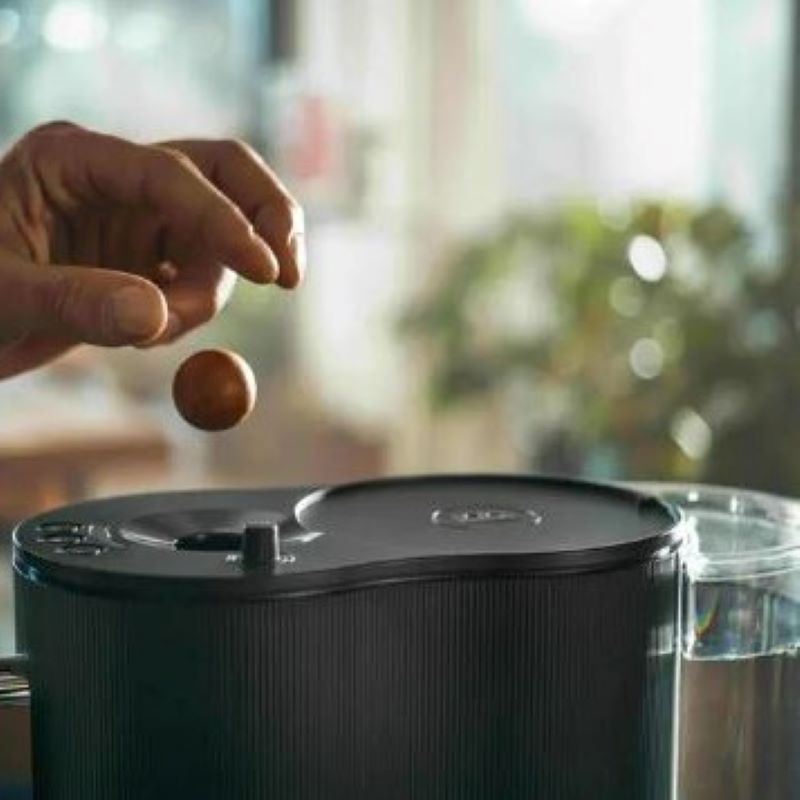
Home composting confusion
As compostable capsules lead the way for environmentally sustainable coffee packaging, ineffective product labeling can pose a greenwashing threat.
Earlier this year, Greiner Packaging developed a solution made from compostable polymers to help consumers dispose of used coffee capsules in their backyard. The company entered a bid for TÜV certification in Austria and Belgium, which would officially credit the solution as home compostable.
However, a recent study revealed that most “home compostable plastics” in the UK are ineffective and mislabeled, causing them to end up in landfills. The study concluded that most home compostable plastics don’t work, with 60% failing to disintegrate after six months.
According to the research, calling plastic packages “home compostable” is a greenwashing tactic designed to take advantage of consumer interest in environmental sustainability.
The coffee ball
In other advancements, Migros’ sustainability specialist explains that the company has created a coffee ball because of the “trend toward more sustainable packaging, in particular, recyclability and biodegradability.”
Krayer notes a “strong global trend toward convenience,” as the company innovates single-serve coffee and tea-like capsules, pods and Migros’ newest innovation – Coffee Balls.
Migros calls its Coffee Balls the “world’s first” coffee capsule system that works entirely without a capsule. Branded CoffeeB, the small, fully compostable ball of pressed coffee, has the amenities of conventional capsule systems but does not add to the 100,000 metric tons of coffee capsule waste produced yearly.
The coffee ball is covered by Delica’s protective layer, patented worldwide. This layer not only gives the coffee ball stability but also forms an oxygen barrier that protects against loss of aroma, as is the case with aluminum casing. EcoPackables is innovating coffee packaging that provides the same convenience, quality and durability as single-serve coffee capsules.

Recycling and legislations
Europe leads in innovations in the coffee packaging industry due to the EU’s increased efforts to reduce the amount of waste generated by packaged foods in the region. Reports suggest the market is expanding due to increasing environmentalism and European consumers’ desire for biodegradable packaging.
The EU has set new regulations on coffee capsules and plastic bags. Companies will be required to use as little packaging as possible, while countries must ensure that 65% of all packaging waste is recycled by the end of 2025.
The legislation comes as part of the European Commission’s latest Packaging and Packaging Waste Directive. It stipulates that certain plastic packaging, such as tea bags, coffee pods, very light plastic bags and sticky labels for fruit and vegetables, must be compostable.
However, with a focus on implementing new legislation for coffee packaging, the industry is crying out for transparent and improved recycling processes.
“Often, there are no collection and recycling systems for specific packaging in place. How recycling is organized and collected varies from country to country and sometimes even from region to region. This is not an ideal situation but the reality,” says Krayer.
“Clear legislation on what recycling claims can and cannot be used on packaging would be helpful. Claims on packaging should not lead to confusion and wrong perception,” she adds.
In the US, Dehmoubed explains that in order to achieve circularity and ensure a lower footprint, the country needs to expedite the rollout of composting infrastructure.
“While industrial composting is important, having a designated composting bin and waste disposal system for this waste is essential for the industry,” he notes.
Source:


